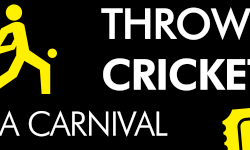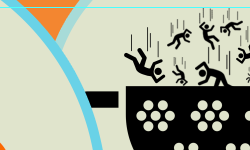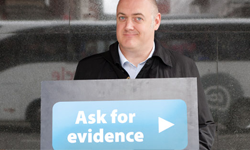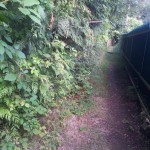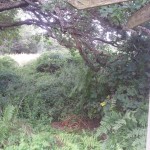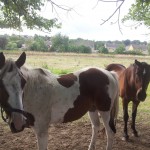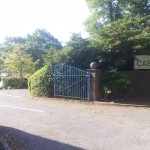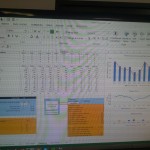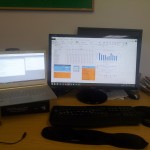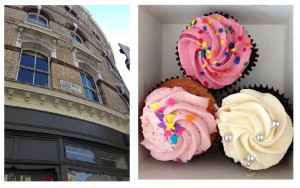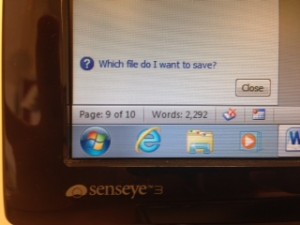Infrastructure and I: Part 3 – Best Friends Forever
As promised, before I share with you all the exciting turns of events that have happened on the field of infrastructure, I will tell you a little about the technicalities of my Charity Insights story. So please, do stay a while and listen.
It all started when I was more or less scrambling for something to do for the summer after my first year. Many freshers seem unbothered about how their first summer in university is spent, but I felt like more new experiences could be amassed by working rather than chilling in Summer. Too bad many (read: nigh all) businesses look for penultimate year students for their internships, as I am sure many of you are painfully aware. I cannot quite recall how I came to be aware of the Charity Insights bursary, but I do remember not taking it too seriously at first. I mean, what could the non-profit sector possibly hold that I would be interested in? Sure enough, I found myself browsing through pages and pages of charities before the answer materialised in front of me – think-tanks. Research focused, analytically driven and often specialised in a narrow sector, think-tanks felt like the embodiment of myself in an NGO form.
Skipping a bit, I ended up making just a single speculative application for Charity Insights, to a think-tank I previously knew little about. Some thought was put into whether to send the application to HR or the person I would ultimately like to work with. I opted for the latter, which I think is a fair choice if the organisation is quite small. My advice to future Charity Insighters is to just be confident with your application. I had little prior work experience and were dubious about my other merits as well. Nonetheless my application received great interest from my supervisor to be. In my opinion, a Charity Insights internship is quite easily marketable to organisations, given its unique structure and short duration. On the other hand, once you have successfully found an organisation and have a clear-cut project in mind, the bursary is fairly straightforward to secure. The bottom line here is that the high chance of success makes taking your time to polish the application well worth it, in contrast to some advertised vacancies where there might be 200 applicants per internship and success rates are dismal. So if the thought of applying for Charity Insights ever crossed your mind, I highly recommend you to go for it!
And so we smoothly transition into week 3 at Green Alliance. In addition to continuing my project on data sources and work on the Infrastructure Pipeline (see previous post), I have done background work leading up to a short analysis summary and a blog post that is to appear in the Green Alliance blog in the near future. The responses to my emails from the institutions have been quite varied, some actually shedding light on the questions I had, some merely attempting to explain why no one seems to know how the numbers add up in a 3-year-old official paper.
I will save a more elaborate wrap up of my doings for the last blog, likely to appear in the next few days.


